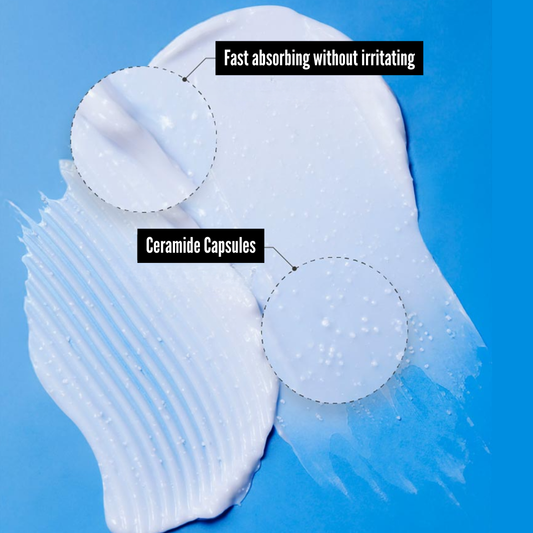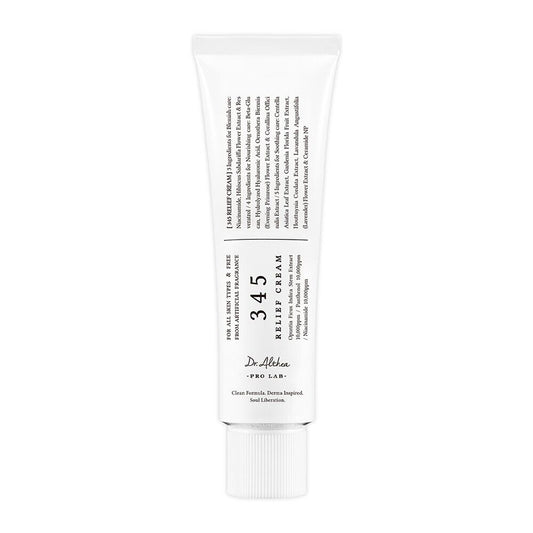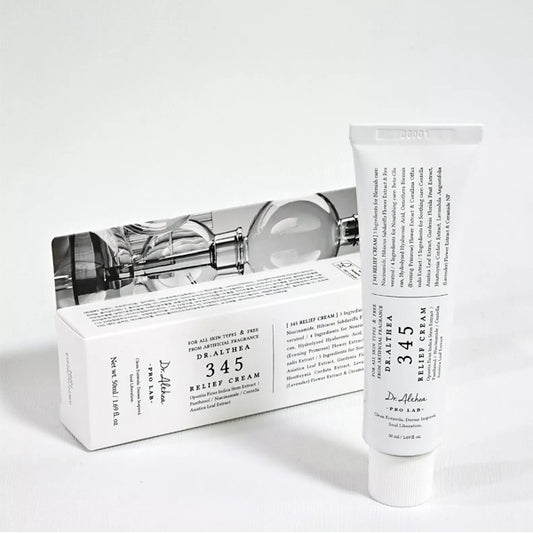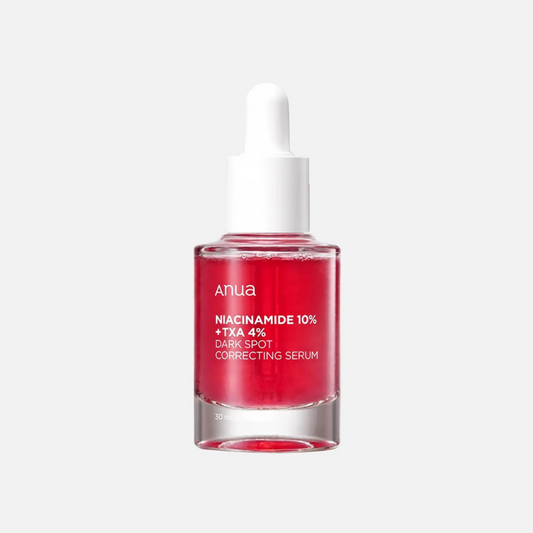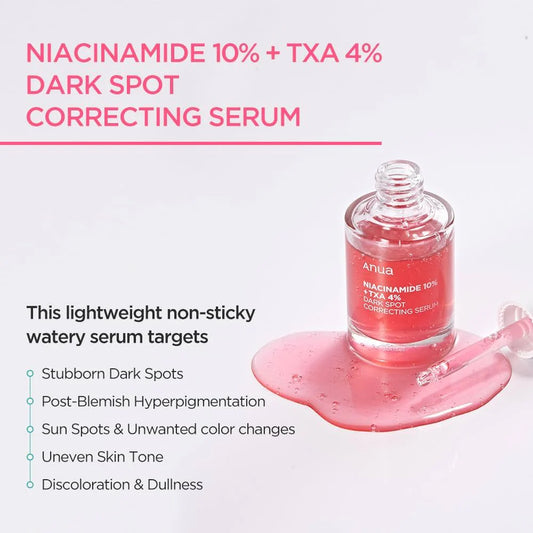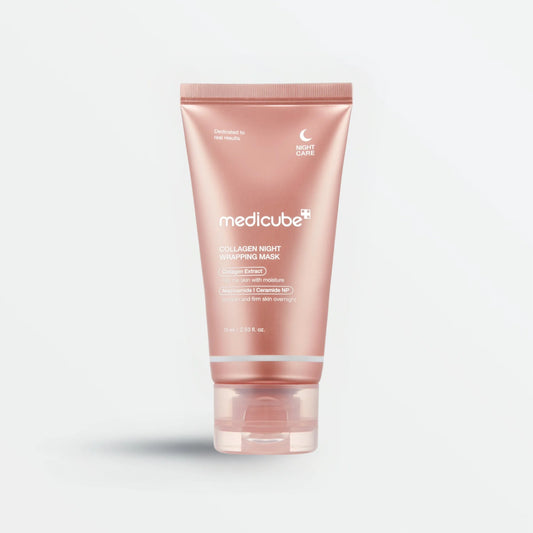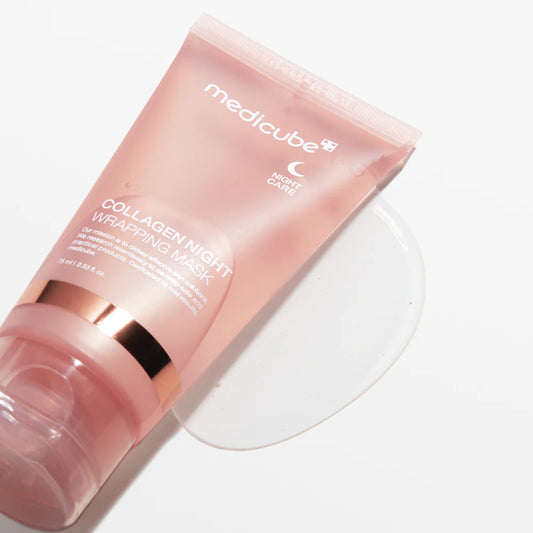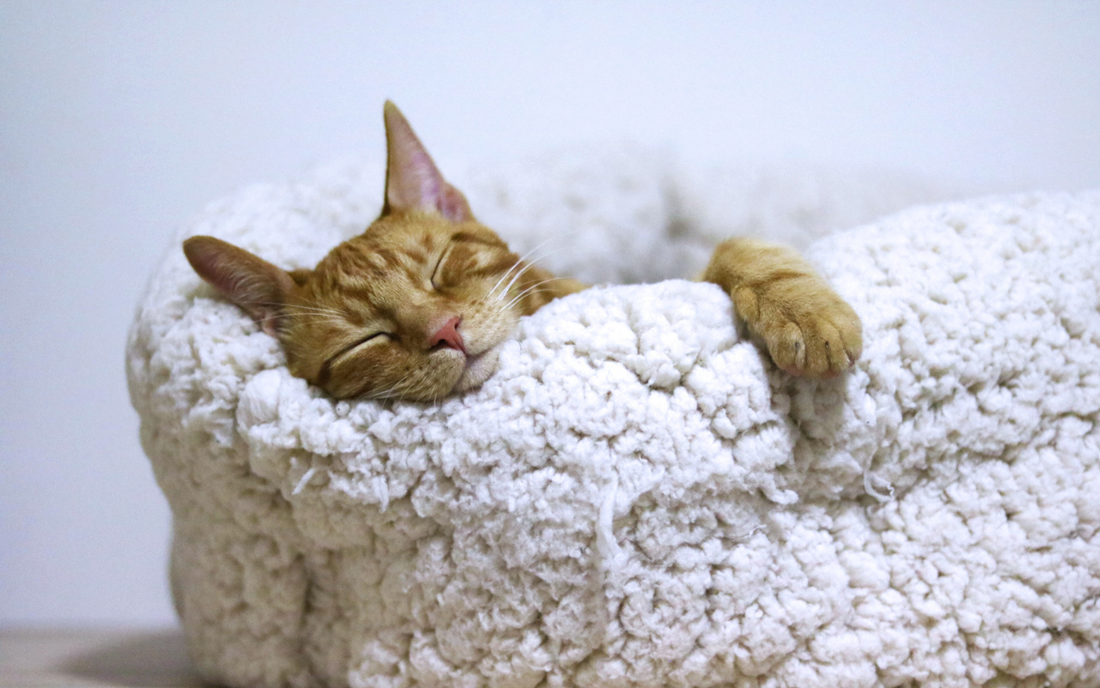
Is "Beauty Sleep" a Real Thing?
Share
We’ve all heard the phrase "beauty sleep." But is it just a fanciful notion, or is there actual science behind the idea that rest rejuvenates our skin? The good news is, beauty sleep is very real!
The Science Behind Beauty Sleep
While you snooze, your body is hard at work repairing and rejuvenating itself, including your skin. Here's how sleep benefits your complexion:
- Collagen Production: During sleep, your body releases growth hormone, which stimulates collagen production. This helps to plump up the skin, reduce the appearance of fine lines and wrinkles, and improve overall skin texture. [1]
- Skin Repair: Throughout the day, your skin is exposed to various stressors like UV radiation, pollution, and even friction from your pillowcase. During sleep, your body enters repair mode. Damaged skin cells are replaced, and the skin barrier is strengthened. [2]
- Improved Blood Flow: When you sleep, blood circulation increases. This delivers vital nutrients and oxygen to your skin cells, promoting healthy cell turnover and a radiant complexion. [2]
- Reduced Stress Hormones: Stress hormones like cortisol can wreak havoc on your skin, leading to breakouts, dullness, and even accelerated aging. Sleep helps regulate these hormones, promoting a calmer and healthier complexion. [2]
A study about late bedtime and its affect on skin found that short sleep duration was associated with poorer skin appearance, self-reported signs of skin aging, and a decreased ability of the skin to recover from barrier disruption. [3] This study highlights the importance of quality sleep for maintaining healthy skin function.
Additionally, an article published in Clinical and Experimental Dermatology found that sleep deprivation can negatively impact the skin barrier function, increase inflammation, and impair wound healing. [4] These findings further emphasize the connection between sleep and skin health.
Addressing Common Misconceptions
- Does Sleeping on Your Face Cause Wrinkles? While sleeping on your side or stomach can increase the risk of wrinkles, it’s not the primary culprit. Age, sun damage, and genetics play a much bigger role.[5] If you’re concerned about wrinkles, consider using a silk or satin pillowcase, which creates less friction on your skin.
- Do You Lose More Moisture in Your Skin While Sleeping? Research suggests that your skin’s barrier is slightly more permeable during sleep, which can lead to increased moisture loss. However, this doesn't mean your skin is drying out excessively. Applying a moisturizer before bed helps lock in hydration and protects the skin barrier overnight. [6]
How to Get Better Sleep for Better Skin

Now that you understand the importance of beauty sleep, here are some tips to optimize your sleep for healthier skin:
- Establish a Regular Sleep Schedule: Go to bed and wake up around the same time each day, even on weekends, to regulate your body's natural sleep-wake cycle. [7]
- Create a Relaxing Bedtime Routine: Wind down an hour or two before bed with a warm bath, reading, or listening to calming music. Avoid screens like phones and TVs as the blue light they emit can interfere with sleep. [7]
- Optimize Your Sleep Environment: Make sure your bedroom is dark, quiet, and cool. Consider using earplugs or an eye mask if needed. [7]
- Watch Your Diet and Hydration: Avoid large meals or caffeine before bed. Stay hydrated throughout the day, but limit fluid intake in the hours leading up to sleep to prevent nighttime bathroom trips. [7]
Beyond Sleep Hygiene
While sleep is crucial for healthy skin, it's one of many factors that contribute to a healthy complexion. A holistic approach to skincare also includes:
- Healthy Diet: Eating a balanced diet rich in fruits, vegetables, and antioxidants provides your skin with the nutrients it needs to thrive. [8]
- Regular Exercise: Physical activity improves blood circulation and helps reduce stress, both of which benefit your skin. [8]
- Sun Protection: Daily sunscreen use is essential to protect your skin from harmful UV radiation. [8]
- Stress Management: Practice stress-reducing techniques like meditation, yoga, or deep breathing exercises. [8]
The Takeaway:
"Beauty sleep" is not just a myth; it's a scientifically backed concept. By prioritizing quality sleep and incorporating other healthy habits into your lifestyle, you can achieve radiant, healthy-looking skin. According to SleepFoundation.org, most adults need 7-9 hours of quality sleep per night for optimal health, including skin health. [9]
If you have persistent skin concerns, consult a dermatologist. They can help you identify underlying causes and create a personalized treatment plan.
Remember:
- Sleep is essential for overall health, including the health of your skin.
- Prioritizing quality sleep is a crucial step in any skincare routine.
I hope this article helps you understand the importance of beauty sleep and provides you with some practical tips for optimizing your sleep for healthier skin!
References:
- Growth hormone secretion during sleep, https://pmc.ncbi.nlm.nih.gov/articles/PMC297368/
- What happens when we sleep, and why we need just the right amount each night, https://www.heart.org/en/news/2023/03/16/what-happens-when-we-sleep-and-why-we-need-just-the-right-amount-each-night
- Regular Late Bedtime Significantly Affects the Skin Physiological Characteristics and Skin Bacterial Microbiome, https://pmc.ncbi.nlm.nih.gov/articles/PMC9188400/
- Sleep deprivation and the skin, https://academic.oup.com/ced/article/48/10/1113/7191992
- Biological Rhythms in the Skin, https://pmc.ncbi.nlm.nih.gov/articles/PMC4926335/
- Why Is Face Moisturizer So Important at Night?, https://www.lancome-usa.com/beauty-magazine/skincare/why-face-moisturizer-is-so-important-at-night.html
- More Than a Fairy Tale: The Benefits of Beauty Rest, https://charlestondermatology.com/more-than-a-fairy-tale-the-benefits-of-beauty-rest/
- Nutrients for Healthy Skin, https://www.webmd.com/beauty/nutrients-for-healthy-skin
- How Much Sleep Do You Need?, https://www.sleepfoundation.org/how-sleep-works/how-much-sleep-do-we-really-need


